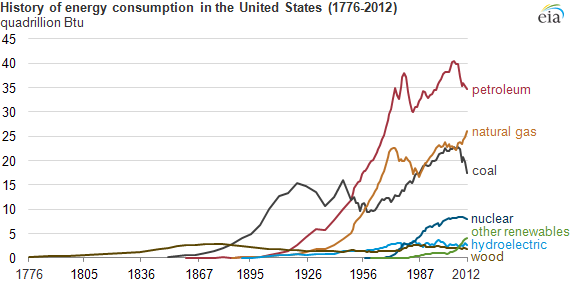3 item(s) were returned.
University Distinguished Professor
Michigan State University, Dept. of Chemical Engineering
It is clear that the Age of Oil is winding down. Worldwide, the rate of discovery of new oil reserves peaked in the 1960s and in the US our peak rate of oil discovery occurred in the early 1930s. In recent years the world has used about three barrels of oil for every barrel of new oil reserves discovered. Thus we are living largely on past oil discoveries. There is still a lot of oil in the world, and we will still be using a lot of oil decades from now. But it will be increasingly expensive both economically and… [more]
View InsightProfessor of Public Policy
Georgia Institute of Technology
Energy efficiency has been a lightning rod in the debate about the cost of addressing climate change, because it is generally seen as a least-cost approach to mitigating greenhouse gas emissions. But the mere mention of possible “negative costs” associated with energy efficiency is enough to send shock waves across the profession of neoclassical economics. Experts continue to disagree about the magnitude, cost and possibility of managing demand. Some say that the future potential for energy efficiency is limited because markets have already exploited all cost-effective opportunities, and there are insurmountable obstacles to further expansion. Demand-side resources may have played… [more]
View InsightUniversity Distinguished Professor
Michigan State University, Dept. of Chemical Engineering
High energy use (power consumption) increases wealth, health and education levels. Since the beginning of the Industrial Revolution, most energy has come from fossil fuels: coal, oil and natural gas. Whatever the eventual lifetimes of these fossil energy resources, they are not renewable. Sooner or later, fossil energy will not be available to underpin our prosperity. Thus non-renewable energy is not a long-term option. We must have renewable energy if we are to maintain high living standards among advanced economies, and if more people in developing nations are to access enough energy to develop their human potential. But how much… [more]
View Insight

